Only includes panelists who support it, doesn’t include rep from Contra Costa Taxpayers Association or other opponents; continues false “loophole” claim
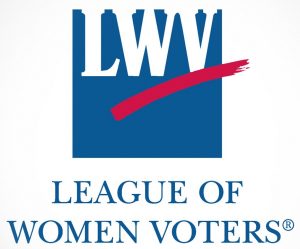 By Allen Payton
By Allen Payton
Proposition 15, the Schools and Communities First initiative, on the California November ballot will increase taxes by as much as $12 billion on commercial and industrial properties in California. On Wednesday, September 16 from 7:00- 8:30 p.m., three panelists will explain how it will affect you and your community in an online discussion.
The panel will only include three who support the measure and no one opposing, it such as a representative from the Contra Costa Taxpayers Association (CoCoTax) which opposes the measure. (See their positions on the issues, here). Nor does the panel include a representative from the coalition members of the campaign to defeat Prop. 15. The reason for that is the League has endorsed Prop. 15 and supports its passage.
According to Suzan Requa, President of the League of Women Voters of Diablo Valley (LWVDV), “The League is a non -partisan organization in that we do not support or oppose candidates or parties; we do though take positions on issues after extensive study by our members, and both the state League as well as our local League have taken a support position on Prop. 15.”
We are hosting the panel to provide information and commentary on the positive impacts we believe will occur throughout the state as a result of the passage of Prop 15. Arguments for and against Prop 15 and the other statewide ballot measures will be on our impartial electronic voter tool www.Votersedge.org.”
When informed of the event, Susan Pricco, President of CoCoTax responded, “I wouldn’t consider this much of a ‘forum’. I expect it will be more of a sales pitch.”
No “Loophole” in Prop. 13
The League’s announcement for the online discussion makes the claim, “Proposition 15 will close the corporate property tax loophole in Proposition 13.” However, there was no “loophole” for commercial and industrial properties in the 1978 measure passed overwhelmingly by voters. The property tax protection language in the ballot measure covered all properties in the state, including residential, commercial and industrial.
In a 2018 commentary co-authored by Jon Coupal, president of the Howard Jarvis Taxpayers Association, named for the anti-tax advocate who led the fight to pass Prop. 13, he wrote, “For decades, California progressives have complained about a ‘loophole’ in Proposition 13 that unfairly benefits the owners of commercial real estate to the detriment of homeowners. This characterization has been widely accepted by the mainstream media with little critical analysis. There is no loophole in Prop. 13.”
The League’s Event Announcement
The LWVDV has invited three panelists to discuss why they are supporting Prop. 15:
- Contra Costa County Supervisor John Gioia
- Contra Costa County Superintendent of Schools Lynn Mackey
- League of Women Voters of California President Carol Moon Goldberg
Proposition 15 will close the corporate property tax loophole in Proposition 13. It will continue to protect residential and agricultural properties and will not change their taxes. It also includes protections for small businesses. If passed, it will bring $348 million annually back to Contra Costa County.
Register in advance for this meeting. Space is limited to 100 guests.
https://us02web.zoom.us/meeting/register/tZcvdeyhqzsoG9yhPqXYS-koJKN3mf-oh7v4
After registering, you will receive a confirmation email containing information about joining the meeting.
Questions for panelists should be submitted in advance to prop15@lwvdv.org.
For more information, contact info@LWVDV.org
Opposition to Prop. 15
According to the website for the campaign to defeat Prop. 15 explaining the reason for the 1978 Prop. 13, “In the 1970s, families, seniors, farmers and businessowners were being forced from their homes, farms, and properties because they couldn’t afford to pay 50-100% increases in their property taxes every year. Property tax bills skyrocketed, often beyond the owners’ ability to pay.
It was nearly impossible to predict the next property tax bill, leaving many families and small businesses unable to plan for the future. In some cases, small businesses were left with no choice but to lay off employees or raise prices on their customers.
This led to bipartisan support for property tax reform.
On June 6, 1978, nearly two-thirds of California voters passed Prop 13 to cap property tax increases for residential and business properties and provide certainty so that they will be able to afford their property tax bills in the future.
Specifically, Prop 13:
- Calculates general property taxes for residential and business properties based on one percent of their purchase price
- Caps annual increases in property taxes at two percent per year, which prevents sharp increases in property taxes, especially when property values rise quickly
Most small businesses rent the property on which they operate, and their lease agreements require they pay the property tax. Without Prop 13’s protections, small businesses will face soaring rents at a time when federal and state government is trying to provide small businesses with relief to keep their doors open.
Unless defeated by voters, Prop 15’s higher property taxes will ultimately get passed on to consumers with higher costs on just about everything we buy and use, like groceries, fuel, utilities, day care and health care.”
Attorney General’s Title & Analysis of Prop. 15
According to the California Secretary of State’s website, the title and of the measure by state Attorney General Xavier Becerra reads, “INCREASES FUNDING FOR PUBLIC SCHOOLS, COMMUNITY COLLEGES, AND LOCAL GOVERNMENT SERVICES BY CHANGING TAX ASSESSMENT OF COMMERCIAL AND INDUSTRIAL PROPERTY. INITIATIVE CONSTITUTIONAL AMENDMENT.” (Emphasis in original). His analysis states Prop. 15 “Increases funding for K-12 public schools, community colleges, and local governments by requiring that commercial and industrial real property be taxed based on current market value. Exempts from this change: residential properties; agricultural properties; and owners of commercial and industrial properties with combined value of $3 million or less. Increased education funding will supplement existing school funding guarantees. Exempts small businesses from personal property tax; for other businesses, exempts $500,000 worth of personal property. Summary of estimate by Legislative Analyst and Director of Finance of fiscal impact on state and local governments: Net increase in annual property tax revenues of $7.5 billion to $12 billion in most years, depending on the strength of real estate markets. After backfilling state income tax losses related to the measure and paying for county administrative costs, the remaining $6.5 billion to $11.5 billion would be allocated to schools (40 percent) and other local governments (60 percent).” (Emphasis on original).
Lawsuits Filed Against Attorney General Becerra for Biased Title and Analysis
The measure is referred to as a split roll, as it would treat residential properties different than commercial and industrial properties on the tax rolls.
According to a report on CalMatters.org, “Becerra has been sued by both business groups and anti-tax advocates over his description of the measure, which emphasizes that it “increases funding sources for public schools’ without specifically including the phrase ‘tax increase.’
On July 29 the Howard Jarvis Taxpayers Association sued California Attorney General Xavier Becerra “for his abject failure to produce impartial ballot material related to Proposition 15, the ‘split roll’ attack that seeks the partial repeal of Proposition 13.”
Past criticism of Becerra’s bias has been vocal but has now reached a crescendo…editorial boards and columnists have lambasted Becerra. In fact, the specific deficiencies of Prop 15’s ballot label as well as the title and summary are well identified in the media reports themselves.”
The tax fighting organization listed many examples of Becerra’s impartiality, including, “The ballot title on Prop. 15 begins by stating that it ‘increases funding sources for public schools, community colleges and local government services.’ It would do so, it states, by ‘changing tax assessment’—not raising taxes—on commercial and industrial property.” (John Diaz, California attorney general loads language on 2 November measures, The S.F. Chronicle, July 26, 2020, https://www.sfchronicle.com/opinion/diaz/article/California-attorney-general-loads-language-on-2-15434094.php, emphasis in original.)”; and
“The title and summary of Proposition 15 are not only tilted toward one side, they are less than fully accurate. Property in California is not taxed on ‘purchase price.’ It’s taxed on fair market value at the time of purchase, adjusted annually, for inflation with increases capped at 2 percent per year…”
“This blatant manipulation of the ballot label as well as the title and summary is in direct contravention of the Attorney General’s fiduciary duty to prepare impartial ballot material,” said Coupal.
However, also according to CalMatters.org, “In response to the petition from Jon Coupal, president of the Howard Jarvis Taxpayers Association, which opposes Prop. 15, (Sacramento County Superior Court Judge Laurie) Earl wrote that while one portion of the title ‘may be somewhat misleading, the Court is not convinced the sentence is so misleading that it justifies judicial intervention.’” Earl extensively cited an appellate court ruling in a previous case, “that ballot descriptions ‘prepared by the Attorney General must be upheld because all legitimate presumptions should be indulged in favor of the propriety of the attorney-general’s actions.’”
So, the ballot title and description for Prop. 15 by Becerra remains unchanged.
Big Backing by Zuckerbergs
According to Ballotpedia, the measure is backed by Chan Zuckerberg Advocacy, formed by Facebook founder Mark Zuckerberg and his wife Priscilla Chan, who according to the California Globe, contributed $1.9 million to the effort, through their Chan Zuckerberg Initiative. They believe it’s unfair for Disneyland to pay a lower property tax rate than their company is paying on its property.
The election is on November 3.
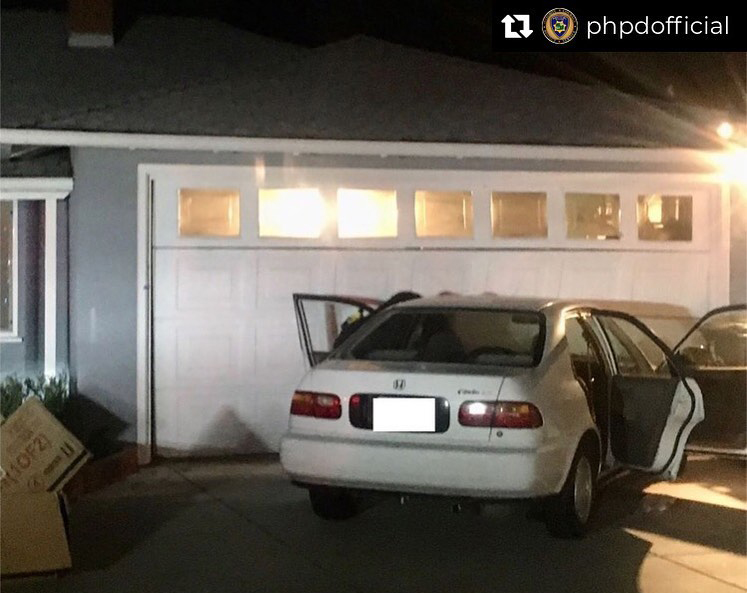
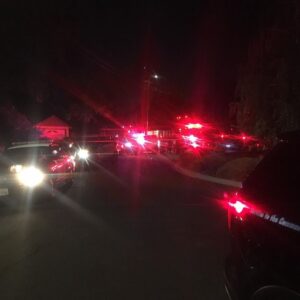












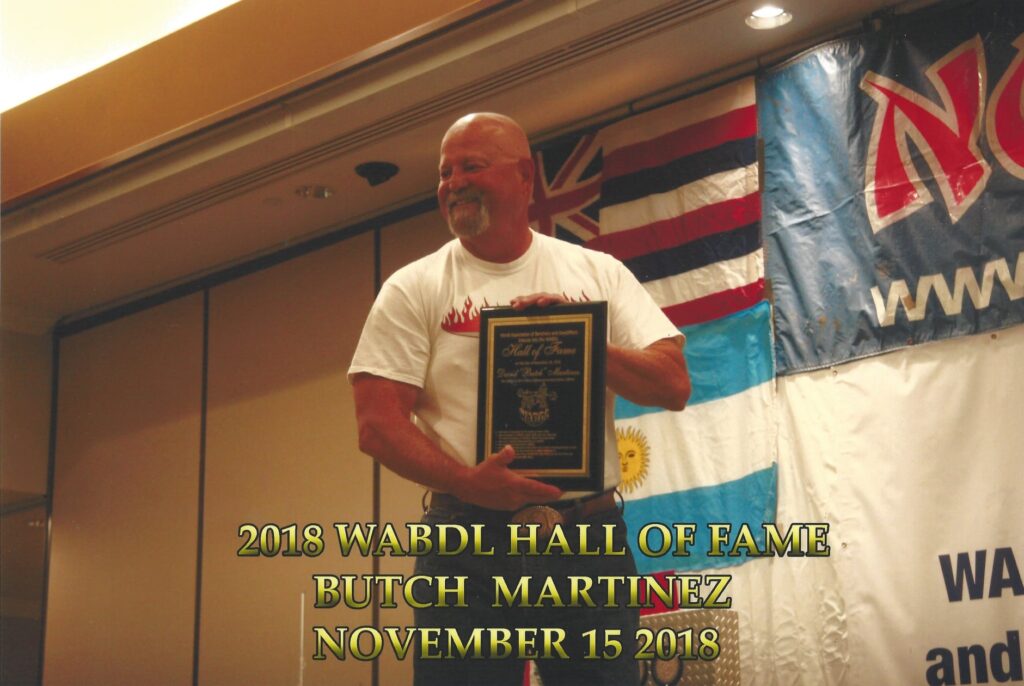
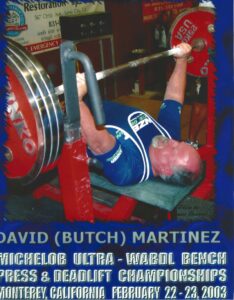 In the following two decades Butch continued to enter sanctioned competitions by the AAU, the International Power Lifting Association, and The
In the following two decades Butch continued to enter sanctioned competitions by the AAU, the International Power Lifting Association, and The  By Allen Payton
By Allen Payton SACRAMENTO — Governor Gavin Newsom on Monday announced that he had signed legislation to protect millions of tenants from eviction and property owners from foreclosure due to the economic impacts of COVID-19. These protections apply to tenants who declare an inability to pay all or part of the rent due to a COVID-related reason.
SACRAMENTO — Governor Gavin Newsom on Monday announced that he had signed legislation to protect millions of tenants from eviction and property owners from foreclosure due to the economic impacts of COVID-19. These protections apply to tenants who declare an inability to pay all or part of the rent due to a COVID-related reason. By Allen Payton
By Allen Payton














